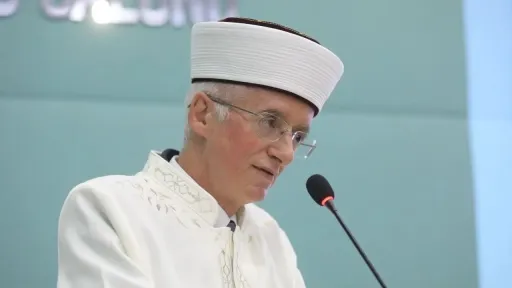Retirements affecting spending

The European Union’s tight directives about increases in spending and an extra €550 million spending on pensions are the main reasons the government cannot promise much in the way of handouts.
The political system, and the public, have been used to the prime minister’s annual keynote speech at the Thessaloniki International Fair being the occasion to announce extra spending for various constituencies which, would, hopefully, repay the government with their votes.
This year, Prime Minister Kyriakos Mitsotakis won’t have much to announce on September 7, apart from some tinkering with taxes here and there. The most important measure will concern a second round of loan subsidies for those who wish to buy a home, provided that negotiations with the EU, which will put up half the €2 billion required, will be over.
Extra spending on relief for the farmers devastated by the disastrous floods in September 2023 will also cut into the margin for maneuver. But the most important factor constraining spending is the record number of retirements: in the first five months of the year, 96,600 people applied for a pension, the highest such number since the Single Social Security Entity (EFKA) was founded, in 2017.
For a whole year, the record, 212,151 applications, was set in 2021. In that year, 88,205 had applied in the first five months.
An important reason for this exodus is the end of punitive taxation for those who opted to continue working and receive a pension at the same time. There is a special 10% contribution now, plus a tax same as the one paid by non-retired workers.
At the Ministry of Finance, they believe there will be more extra retirements in 2025 and that the trend will not peak until 2027. At least, in drafting the 2025 budgets, officials will be prepared and will not underestimate spending.
Thus, it is estimated that total spending on main pensions will rise to €29.03 billion from €28.46 billion forecast in the draft 2024 budget. Spending on auxiliary pensions will be somewhat lower – €3.65 billion versus an estimating €3.67 billion, reducing the extra outlay to €550 million.
Kathimerini







